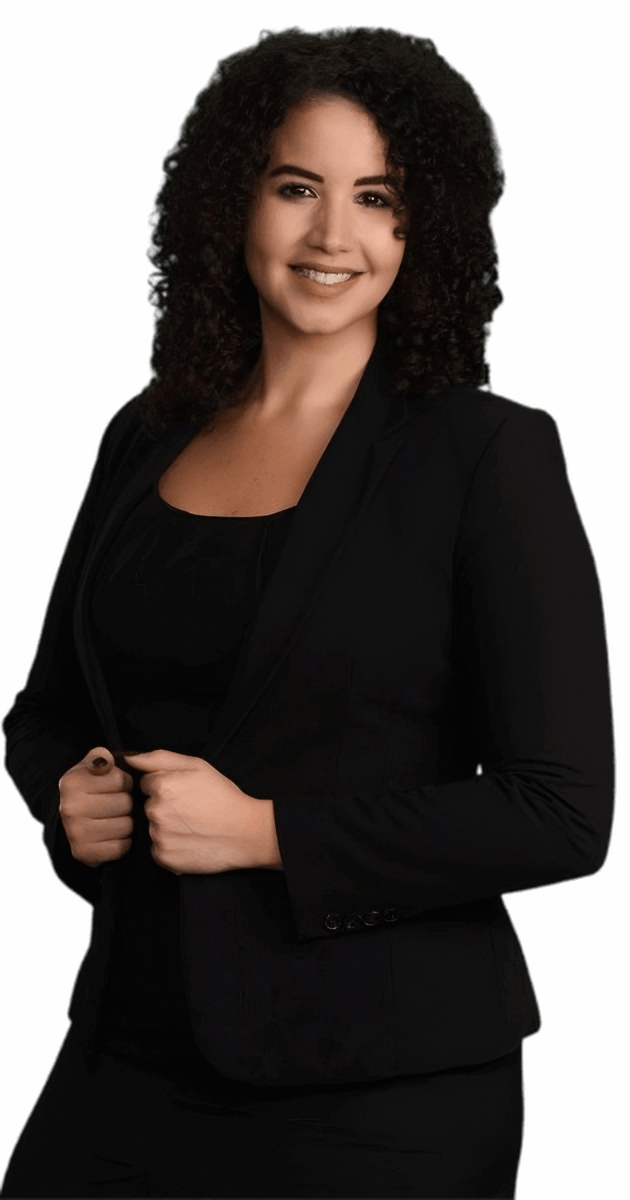Proving DC Federal Embezzlement Charges
Embezzlement is a serious offense with equally serious consequences, which is why it is important to seek the services of an experienced legal advocate. Speak with an intelligent federal embezzlement lawyer that could answer your questions about how the prosecution might go about proving DC federal embezzlement charges. A seasoned attorney may also have experience defending embezzlement charges and could devote the time and resources necessary to achieve a positive outcome for you.
How Prosecutors Treat Embezzlement Charges
Under DC law, a prosecutor does not treat an embezzlement case as its own charge. Embezzlement and certain other kinds of offenses are typically always prosecuted under a single law referred to as theft. Thefts under DC law are prosecuted in situations where there is some kind of unauthorized taking or use of property. Embezzlement is one of those types of allegations. A prosecutor would typically charge a person with theft in a situation where a person is accused of using or transferring another person’s property without that owner’s authorization.
Elements the Prosecution Must Prove
To accuse someone of embezzlement, prosecutors need evidence. The main element that the prosecutors need to prove when proving DC federal embezzlement charges is that the defendant wrongfully obtained another person’s property. The second element is that prosecutors need to prove that when the defendant obtained that property the defendant intended to deprive the owner or lawful possessor of their right to the property, or the benefit of the property, or to make use of the property for themselves or for another person without the owner’s or possessor’s authorization. That is the mindset that the prosecutors need to prove for the second element of theft. The third element that the prosecutors need to prove that the property had some value. If the prosecutors can prove that that value was $1,000 or more, then the prosecutors can seek to convict the defendant on a felony theft law.
Ways to Prove Someone Wrongfully Obtained Property
As previously mentioned, one of the main elements of embezzlement the prosecution must establish when proving DC federal embezzlement charges is that the accused wrongfully obtained someone else’s property. There are three different ways that a prosecutor can prove that a defendant wrongfully obtained another person’s property. The first way is by proving that the defendant took or exercised control over the property against the will or against the interest of the owner or the person who was lawfully in possession of the property. That is what people typically think of as theft. A person goes into a store, takes something off the shelf, and does not pay for it.
Another way that prosecutors can prove that a defendant wrongfully obtained another person’s property is by proving that the defendant used or transferred the property without authorization of the owner or the lawful possessor. That type of theft is typically referred to as embezzlement. An example is when a person uses their company’s accounts to pay for personal purchases without permission of the company, so a defendant uses the company credit card or a company account to pay for a personal expense.
That is the second way that prosecutors can prove that a defendant wrongfully obtained another person’s property and that is referred to as embezzlement. The third way that prosecutors can prove that a defendant wrongfully obtained property of another person is by proving that the defendant used deception or some kind of trick to obtain the property. That is also sometimes referred to as theft by trick or theft by false pretenses.
Importance of Proving Intent in DC Federal Embezzlement Cases
Intent is an essential part of a theft case. It is the second element that prosecutors would need to prove if they want to secure a conviction on allegations of theft. The intent that the prosecutors would need to prove is that the defendant in obtaining or using another person’s property intended either to deprive the owner or possessor of a right to that property, to deprive them of the benefit of the property, or to take or make use of the property for himself or for another person without authorization or right. That means that the prosecutors cannot convict someone on theft charges if they cannot prove that a person did not mistakenly took an item without realizing that they were stealing it.
As an example, if a person takes an item off of a shelf at a store and intends on paying for it, but does not realize that they then accidentally walk out of a store with the item, that would not be considered theft because there was no intention of depriving the store on of the item. The person did not know that they were walking out of the store without paying for it. In an embezzlement context, if a person accidentally used the company card to make a personal expense for example because the employee has multiple credit cards and accidentally used the wrong one to make a personal purchase without realizing it, that would not be theft. A prosecutor will need to prove that the defendant intended to deprive the rightful owner or possessor of the property a benefit or right to that property without their authorization. If an individual wants to know more about proving DC federal embezzlement charges, they should speak with a capable embezzlement lawyer that could answer their questions.

